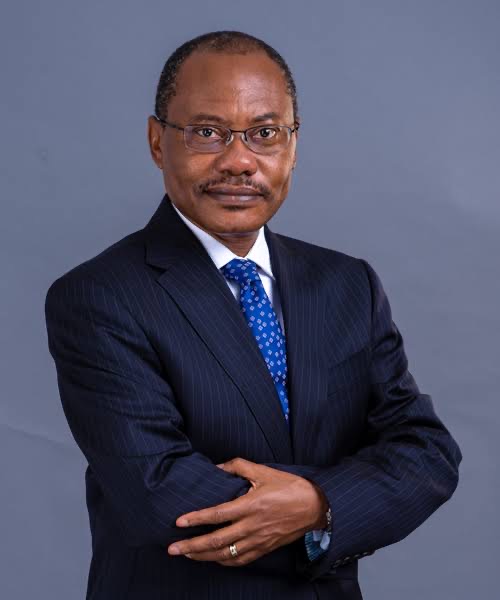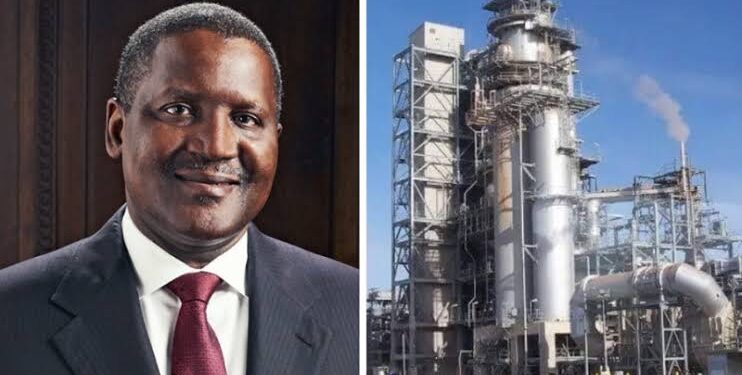Olakunle Alake, the Vice President of Dangote Industries Limited, addressed the House of Representatives on Saturday after the lawmakers toured the refinery and fertilizer plant.
He provided key insights into the ongoing challenges and milestones of the Dangote Refinery project.
The key highlights from Alake’s briefing ininclude
- Crude Oil Supply and Forward Sales:
Alake said the Buhari administration’s forward sales have posed obstacles to securing crude oil for the refinery.
He pointed to specific contractual obligations that limit access to crude oil and affect refinery operations.
“The challenges we face are not just about the availability of crude but the terms and conditions tied to these forward sales,” he explained, stressing the need for more flexible regulations to ensure stable supplies. - Project Feasibility and Operational Challenges:
Despite the visible progress, Alake acknowledged that challenges remain in completing and commissioning the refinery.
He asserted that key milestones have been achieved and that only petrochemicals need to be fully integrated by August.

- “By September, Premium Motor Spirit (PMS), Automotive Gas Oil (AGO), and all required products will be available, except for petrochemicals,” Alake acknowledged.
He added that although these challenges exist, they will be efficiently managed to meet the project deadline. - Concerns about Modular Refineries and Monopolies:
On the obstacles faced by modular refinery licensees, Alake noted that the difficulties are exacerbated by the lack of a structure to support crude oil supplies.
He also dispelled the notion of monopoly, saying the Dangote Group’s approach is aimed at filling market gaps and promoting local production.
We are not in this business to monopolize; we are here to create value and support Nigeria’s economic growth,” he stressed.
Alake called on the government to support fair practices in the oil sector to ensure all stakeholders prosper. - Financial assistance and loan repayment terms:
Alake mentioned the financial assistance provided by the administration of former President Muhammadu Buhari. He revealed that the 70% loan repayment was structured to ensure the long-term viability of the project, even if the refinery was not producing gasoline at the time of sanctioning.
“There is nothing untoward about the transaction. An option was given, and it was a strategic decision made in the best interest of the project,” he said.

































